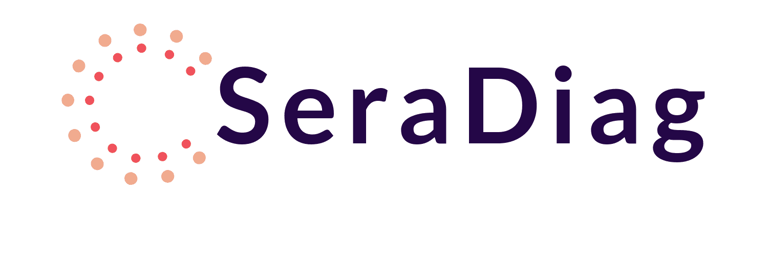What is Blood Pressure and How Does It Work?
Blood pressure is the force of blood pushing against the walls of your arteries. Arteries are the blood vessels that carry blood away from your heart to the rest of your body. When your heart beats, it pumps blood into the arteries. This causes the pressure inside the arteries to rise. When your heart rests between beats, the pressure inside the arteries falls.
Blood pressure is measured in two numbers: systolic and diastolic. Systolic blood pressure is the pressure when your heart beats. Diastolic blood pressure is the pressure when your heart rests.
Normal blood pressure is considered to be below 120/80 mmHg. Blood pressure that is consistently above 140/90 mmHg is considered to be high blood pressure, or hypertension.
What Causes High Blood Pressure?
There are many factors that can contribute to high blood pressure, including:
Age: High blood pressure is more common in older adults.
Family history: If you have a family history of high blood pressure, you are more likely to develop it yourself.
Race: High blood pressure is more common in African Americans, Hispanics, and Native Americans.
Weight: Being overweight or obese is a major risk factor for high blood pressure.
Physical activity: People who are physically inactive are more likely to develop high blood pressure.
Smoking: Smoking can damage the lining of your arteries, which can lead to high blood pressure.
Excessive alcohol consumption: Drinking too much alcohol can raise your blood pressure.
Certain medications: Some medications, such as steroids, can raise your blood pressure.
What Are the Symptoms of High Blood Pressure?
Most people with high blood pressure do not have any symptoms. However, if your blood pressure is very high, you may experience some of the following symptoms:
Headaches
Lightheadedness
Fatigue
Shortness of breath
Chest pain
Nosebleeds
Vision problems
How Is High Blood Pressure Diagnosed?
The only way to know if you have high blood pressure is to have your blood pressure checked. Your doctor can check your blood pressure during a routine physical exam.
How Is High Blood Pressure Treated?
The treatment for high blood pressure depends on the severity of your condition. In most cases, high blood pressure can be controlled with lifestyle changes and medication.
Lifestyle changes that can help lower blood pressure include:
Losing weight
Eating a healthy diet
Exercising regularly
Quitting smoking
Limiting your alcohol intake
Medications that can help lower blood pressure include:
Beta-blockers
Calcium channel blockers
Diuretics
ACE inhibitors
ARBs
What Are the Complications of High Blood Pressure?
If high blood pressure is not treated, it can lead to serious health problems, including:
Heart attack
Stroke
Heart failure
Kidney disease
Eye problems
Peripheral artery disease
Dementia
How Can I Prevent High Blood Pressure?
There are no surefire ways to prevent high blood pressure, but there are some things you can do to lower your risk, including:
Maintaining a healthy weight
Eating a healthy diet
Exercising regularly
Quitting smoking
Limiting your alcohol intake
Getting regular checkups with your doctor
If you have any concerns about your blood pressure, talk to your doctor.
Subscribe to our newsletter
SeraDiag, 128 City Road, London, EC1V 2NX
